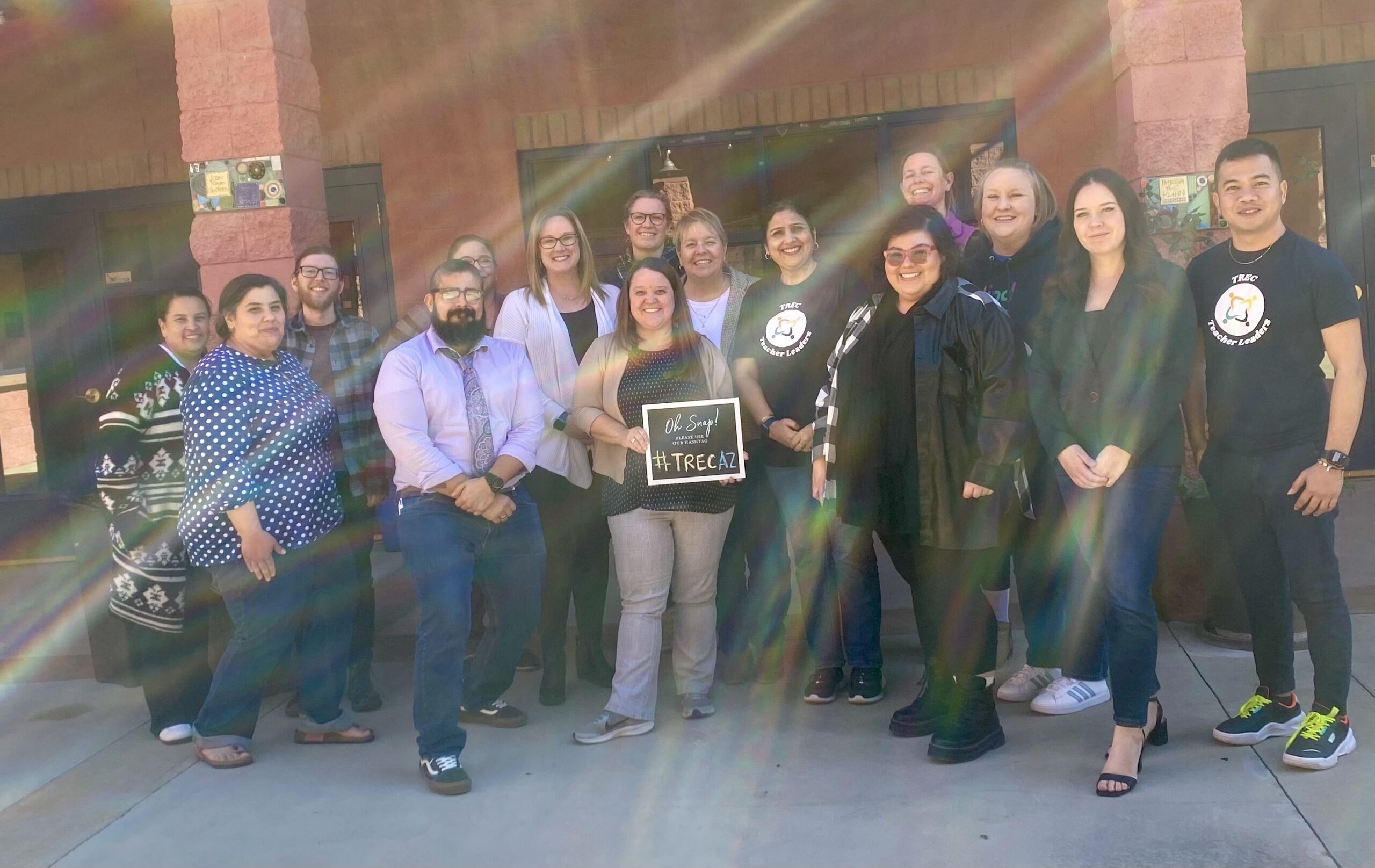Teaching can be an Island; together, we can make an Archipelago
 March 9, 2023 | Post by : Katelyn
March 9, 2023 | Post by : Katelyn
Teaching can be an Island; together, we can make an Archipelago
By: Katelyn Kelsey, M.A., MEDL
Educators—teachers, paraprofessionals, associated support providers, specialized teachers, and administrators—can feel lonely. Sometimes you’re on your own “island” in your classroom with your students and don’t see many adults. Administrators sometimes feel lonely at the top. Even with assistant principals, you frequently have no one to help create relationships with or collaborate with. Principals often make challenging decisions without their counterparts on campus. Collaborations between teachers and administrators help build school communities. Collaboration can also happen between grade-level teams, vertical planning teams, specials teachers, and teaching assistants or paraeducators.

In my second year as a general education teacher, I was pleased to work with a new teaching partner who was, like me, new to teaching. The year started poorly, and our personalities clashed. We tried switching kids, and we created lesson plans together. Still, our teaching methods and personalities were very different, which generated a rift between us that severely impacted our students because we needed to be on the same page. Both sides required more communication and flexibility. I don’t know how my partner felt, but I went home crying every day and wanted to quit teaching because it was so lonely and unpleasant. At that point, I started working with my student-teaching mentor, and my teaching partner began working with the arts integration specialist. While we didn’t work as a grade-level team, our administration did remediation and encouraged us to play to our strengths and pursue our passions. Sometimes your archipelago partner is not the one that is closest to you, but the one whose climate and habitats are most like yours.

During my third year of teaching, I got a new grade-level partner. As we started planning over the summer, we discussed our strengths, and I have a lot of experience with reading and students with special needs. On the other hand, my partner had much experience with older students and math. With those different strengths, we decided to break down reading into ability groupings, take on social studies and science separately, and teach math to our classes. I taught reading to students who read below grade level and social studies to all students. My partner taught reading to the students who were above grade level and science to all students. We worked collaboratively and made schedules so that all students saw both teachers. This not only took a load off of planning in all subjects, but students knew both teachers and trusted the two of us. We did everything together, from parent-teacher conferences to Individual Education Plan (IEP) meetings, grading, and planning. At the start of the school year, we sat down and gave every student reading screeners to establish their abilities and needs, then built mini-rosters for each class. After that, we scheduled the individual math, reading, science, and social studies blocks. We had to consider specials and even collaborate with the specials teachers to see if our class could combine into different groups. We shared a grade book and lesson plans, and two teachers taught one group. There were even times when we could teach in the same room. This occurred if a week was short and there was only time for science or social studies. The teacher who specialized in that area led the class, while the other supported it. It allowed for more differentiated instruction. Our principal allowed us to do this and encouraged us the following year. However, my partner moved up to loop, and I was moved out to a portable and was again on my own “island,” with no co-teacher. This was a lonely experience compared to the previous year. Around the same time, COVID hit, and we all went online, and our islands became even further apart as a community. Naturally, I struggled as an educator and began to worry about my future as an educator as it was so lonely. I was placed back onto my island instead of the archipelago we started to form with each other as teachers, specials teachers, and administration.

As the pandemic limitations were relaxed and students returned to school, I left my “island” to begin at a new school as a special education teacher with a new team. We shared a classroom and caseloads. We team-taught and supported our students based on their needs. We were our own island system, but an erupting volcano between us fused us under strain and in tight situations. Our caseload exceeded the average teacher-to-student ratio, so we had to find a way to ensure all our students received their federally mandated service minutes. We had to have many honest conversations and trust each other’s professionalism. We sat down, wrote all progress reports, and verified that all students received their federally mandated service minutes per their IEPs at the end of the quarter. To do this, we designed a variety of documents using Excel and Google Docs to have a collaborative record that we could all use. Being understaffed and handling situations that counselors should handle caused us a lot of stress at work and home, but we made it work for our students. Cooperation should happen regardless of circumstances. The administration wanted us to work together, share a classroom, and share student responsibilities as if we were a small island connected to the others. The administration trusted our professionalism in supporting kids. The campus would have struggled without the volcano-formed island.

These extremes can make collaborative teaching and knowing your teaching partner challenging. No grade-level partner? What if you dislike your grade-level team? Work with a general education teacher, a special education teacher, or even a grade-level teacher above or below your grade level. No grade-level partner? What if you dislike your grade-level team? You can find solutions to questions like these. Administrators can encourage teacher collaboration by allowing teachers authority, letting them be professionals, and exploring different ways to help students with special needs. Since each class is different, finding a new way to work together can reduce stress and let teachers create an archipelago.



Related Post

March 7, 2023 | Post by : Jen
Thank you Tucson Region Educators! By: Jen Kinser-Traut, Ph.D. “Within TREC I found a breath that blew life into who I was as a teacher. It gave us a new purpose, a group that was going to help bring that change around, a place to belong to as a teacher and not as part of…
Learn More

March 28, 2023 | Post by : Jennifer
Reflections 37 Years Later: My First Year of Teaching By: Jennifer Lichtsinn, Ph.D. I’ve been a teacher for a long time. My first teaching assignment began on October 2, 1986. That’s right, 1986, before most of you reading this were born. I started teaching shortly before my 22nd birthday. By October, the school year…
Learn More

March 8, 2023 | Post by : Melissa
The Power of Storytelling By Melissa Walker, M.A.Ed. “Everything is a story.” This is one of the things I repeatedly told my high school English students. It didn’t matter if they were working on essays, creating Orwell-esque dystopian worlds, reading Shakespeare or poetry, writing personal narratives, completing job and college applications – everything is a…
Learn More








